Brace yourself for the New Year...
Back to the grindstone! You’ve survived the Christmas and New Year festivities, not to mention the first proper ’cold snap’ of the winter. Hopefully the more-than-seasonal weather will have sent some additional customers into your shop for the necessities, even if you didn’t have any fuel left to sell. Now it’s time to look at some of the recent news that’s likely to affect your business as we go into 2011.
VAT (again)
It appears from numerous reports in the business media that many small business operators are labouring under the impression that this month’s VAT increase will result in an adverse effect on their cash flow. Now there may be lots of reasons for worrying about the effects of the increase particularly on sales but cash flow itself shouldn’t be one of them. In fact, if your sales and purchase volumes stay reasonably steady, then your cash flow should improve, at least temporarily. The reason is simple: VAT is a tax that you collect on behalf of HMRC, and keep in your business bank account to the end of your VAT quarter. You then have another month before you have to pay it over to Revenue & Customs; so the ’extra’ tax is actually sitting in your bank account for quite some time before it goes to the government. Admittedly there are some scenarios in which the VAT increase might cause a cash flow problem. If you’re in a situation where you have to buy a lot more new stock than you sell over the same period, you’ll be paying your suppliers invoices with VAT at the higher rate before you are able to recover it from your customers or HMRC. Similarly, if you’ve just started a major capital investment say a shop rebuild then unfortunately again you’ll be paying the higher rate of VAT to your contractor straight away, and if any refund is due from HMRC you’ll have to wait until the end of the VAT quarter to receive it.
However, for most traders, the only impact that they should be concerned about is the effect on sales volumes.
Credit cards, bank charges and pump prices
As far as fuel retailing is concerned, one very unwelcome effect of the VAT increase is that yet again we see pump prices rising without any extra income for the retailer. As usual this will push up cash handling, banking and credit card charges, while the retailer’s gross margin per litre stays the same. For a site pumping 5mlpa, of which 40% is on credit /fuel cards, and with a typical merchant fee rate of 1.75%, the additional cost of the VAT increase alone will be around £900 per year, before any further ’turnover-related’ bank charges.
Of course, many forecourt retailers will not be paying the extra cost directly the oil company may pick up that bill in the first instance but rest assured that the additional cost will eventually come home, whether through reduced dealer margins, operator commissions or support payments. Given that petrol (as opposed to DERV) prices were reported as hitting record highs during the early part of December, which was before any VAT or duty increase, the real cost of turnover-related cash handling charges and credit card merchant fees looks like taking an even more steep hike upwards during the early part of this year. After decades of experiencing these automatic cost increases with every enforced hike in fuel prices, it’s still amazing that the petrol retail industry has never taken a united stand and passed the true cost of credit cards onto the users. But perhaps this problem may have a ’natural end’ on the horizon...
Debit cards win, cash and credit cards lose
Last year saw spending on debit cards finally overtake cash transactions as the most common method of payment in the UK. The historic milestone was actually passed during last August’s Bank Holiday, when cumulative spending by debit card during the year reached £272bn against £269bn for cash. Perhaps the most optimistic news though, is that UK consumers appear to be finally beating our collective addiction to credit cards. In the third quarter of 2010, debit cards were apparently used three times more often than credit cards, with spending on debit cards growing at 10% on the previous year. Meanwhile spending on credit cards increased by only around 2%, which is significantly below the rate of inflation. The trend should be particularly encouraged on the forecourt, although no doubt the banks will notice in due course and start raising debit card transaction fees. At least these fees aren’t related to the actual value of each transaction and so remain unaffected by externally-imposed fuel price rises.
Business advice from the ’other half’
According to a recent survey of small business owners by T-Mobile, 51% of small/medium business owners would turn to their spouse/partner for ’frank’ business advice when they were worried. This compares to 22% who’d ask their accountant, 3% who’d ask other local business operators or trade associations, and 2% who’d turn to their bank manager. Now, as accountants, we obviously have to declare an interest here, but if these figures are truly representative of small businesses in general then it explains a great many case histories to which any finance-professional will relate.
Granted, some of these ’significant others’ may be experienced in financial matters, but in many instances the professionals are called in for help and advice far too late. Often the important financial decisions and commitments have already been made by the business owners and all the accountants can do is explain the consequences and try to minimise the fall-out. So, by all means discuss business problems with your ’other half’ but please, don’t be afraid to talk to your accountant before you make any long-term decisions!





















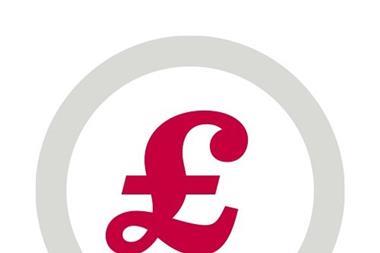
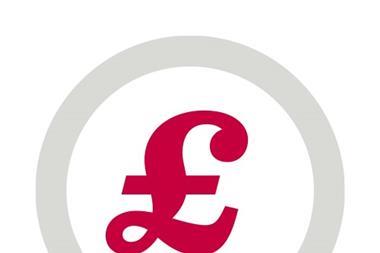
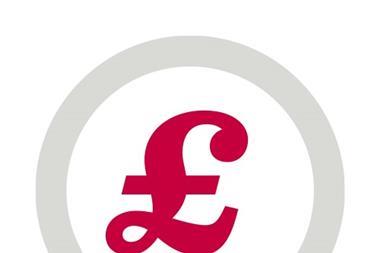
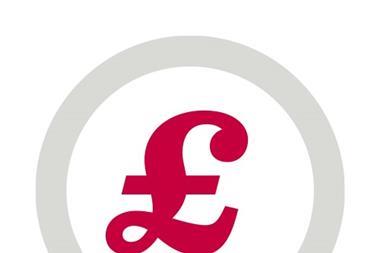
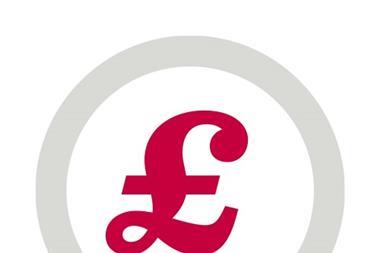
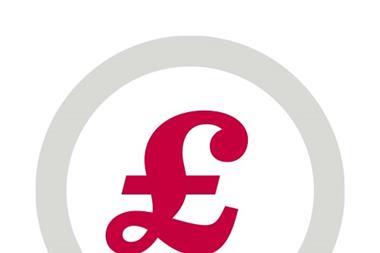
No comments yet